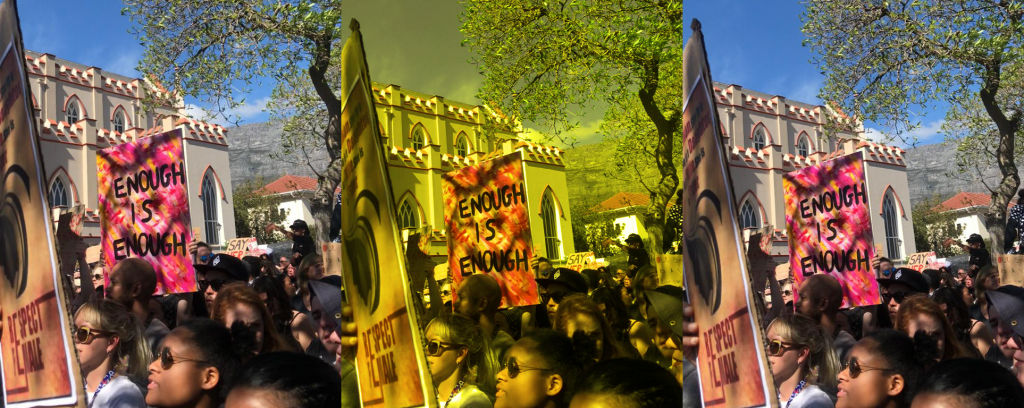Despite an almost 4% decrease in the crime statistics around rape, South Africa still has an alarmingly high rate of violence against women.
“While we welcome the decrease in the number of reported cases, a lot more still has to be done in order to ensure that South Africa is a safe place for all who live in it,” Executive Director of Amnesty International South Africa, Shenilla Mohamed.
“The criminal justice system needs to play its part in ensuring that there are repercussions for those who commit these heinous crimes and ensure that victims feel safe and protected when reporting these incidents.
“It is also important to continuously note that these numbers only reflect the cases that have been reported to the police, and one could surmise that there are more victims and survivors than the official figures, given the under-reporting of rape in the country,” Mohamed said.
Amnesty International welcomes Minister Cele’s comments, saying that when it comes to gender-based violence (GBV), there is no room for complacency and those “sleeping on the job must get their act together or ship out”.
“Minister Cele and SAPS management must ensure that officers at police stations across the country are well informed and equipped to deal with matters of GBV so that the country can start to see a real decrease in incidents of sexual offences,” Mohamed said.
BACKGROUND:
The South African Police Service (SAPS) announced its fourth quarter crime statistics today, outlining crime numbers from 1 January 2021 to the end of March 2021.
Amnesty International South Africa this week launched the second arm of its Interrupter Campaign, #InterruptTheJusticeSystem. The criminal justice system is failing victims of gender-based violence.
As the leader of the SAPS, Minister Bheki Cele has the opportunity to change this by prioritising:
Capacity-building: By providing appropriate, mandatory, initial, and continuous training for all relevant professionals, including police and investigating officers, detectives, and other law enforcement officials who work with victims and survivors of gender-based violence. The training should include legal obligations (including the rights of non-nationals, explaining the rights to the victim, giving them the option to speak with a female officer, and taking them to a private room to give their statement); prevention and detection of cases; gender equality; rape myths; and harmful cultural and societal attitudes, beliefs and stereotypes;
Accountability: Setting performance targets that include ensuring all investigations are completed in an efficient, effective, comprehensive and sensitive manner.
Resource allocation: Officers and stations must have appropriate and adequate resources to investigate cases, including timely access to vehicles, appropriate testing kits and technology, victim-friendly rooms.
Efficiency: The quality and timeliness of effective, efficient and sensitive investigations must be improved, as well as the supervision of investigating officers.
Amnesty International South Africa is calling on the SAPS to CARE.
-ENDS-
For more information or to request an interview please call Amnesty International South Africa’s Media and Communications Officer Genevieve Quintal on +27 64 890 9224 or email genevieve.quintal@amnesty.org.za


